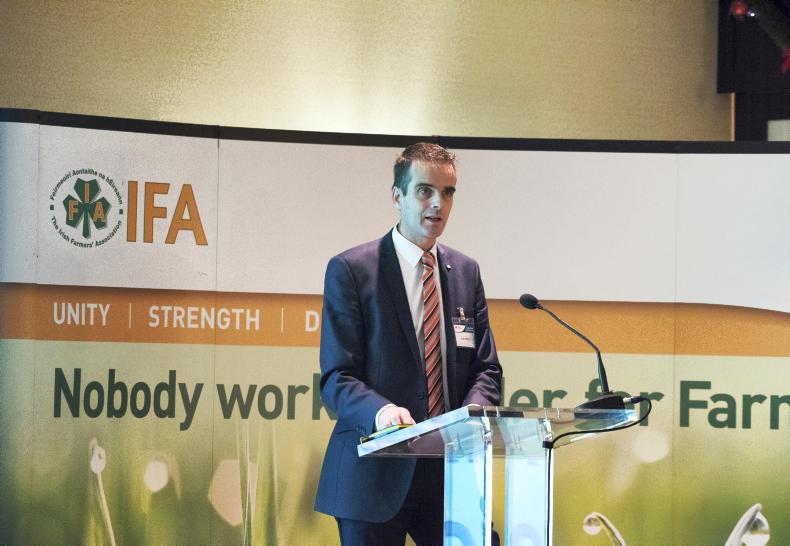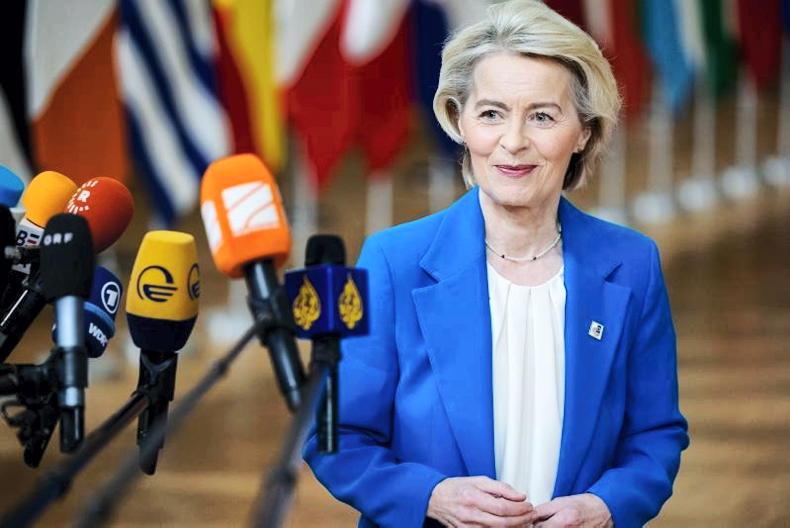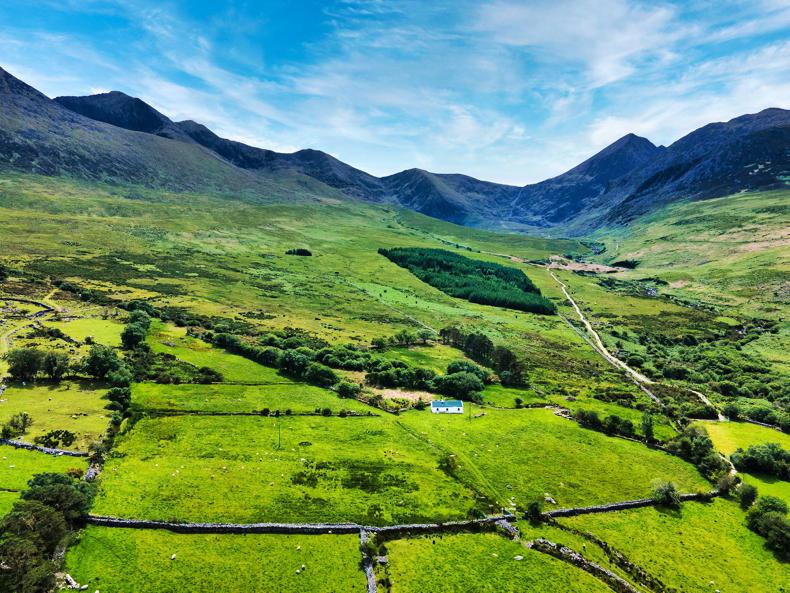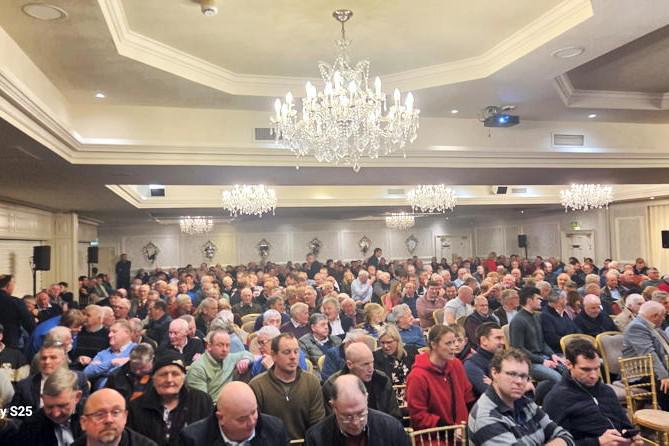Speaking at the IFA’s AGM on Tuesday, as British prime minister Theresa May outlined her government’s Brexit strategy, Healy said that “agriculture and food cannot become a battleground between Brussels and London... Politics cannot be allowed override our fundamental economic interests,” he said.
Healy added that with 40% of Irish food exports going to the UK, no other member state and no other sector are as exposed in these negotiations.
This is the worst possible news for Irish farmers
"Farmers expect the Taoiseach and the Irish Government to use the strong relationship they have with both EU and UK leaders to influence a constructive approach to these difficult negotiations," he continued. “In Brussels, the European Commissioner for Agriculture and Rural Development, Phil Hogan, must make the retention of free trade in agriculture and food products between the EU and UK a priority.”
ICMSA and ICSA
Speaking to the Irish Farmers Journal, a spokesman for the Irish Creamery Milk Suppliers Association said that May’s pursuit of a free-trade agreement with the EU “is the best the organisation and its members could hope for at the present time”.
However, Irish Cattle and Sheep Association president Patrick Kent has described May’s confirmation of the UK's exit from the single market as "the worst possible news" for Irish farmers. “The risk of tariffs on trade between Ireland and the UK has just increased," Kent said. "Coupled with this, we also face the increased risk of the UK market being flooded with cheap beef and lamb from outside Europe. It’s the worst of all worlds for Irish farmers."
European-Irish view
Mairead McGuinness, MEP, and vice-president of the European Parliament, has welcomed the clarity provided by May’s speech, saying she particularly welcomes the prime minister’s commitment to the Common Travel Area, one of the key and top priorities for Ireland.
If the UK leaves the customs union, this will hinder the free movement of goods on an all-island basis
However, McGuinness warned that a hard Brexit, as announced by May on Tuesday, will be tough for Ireland, even if transitional arrangements are agreed, and could have a devastating effect, particularly on the Irish agri-food sector.
“Over 40% of Irish food and drink exports go to the UK – the sector has already been exposed to the fall in the value of sterling following the Brexit vote,” McGuinness said.
“If the UK leaves the customs union, this will hinder the free movement of goods on an all-island basis,” McGuinness added. “For example, the Irish dairy industry operates an all-island supply chain. What Theresa May has proposed makes it more likely there will not only be tariffs and customs checks but non-tariff barriers like labelling, food standards and traceability could also emerge.
“This could be devastating for farmers,” she continued, “for the rural community north and south of the border and potentially for jobs”.
UK will pursue an ambitious free trade agreement with the EU – May









SHARING OPTIONS